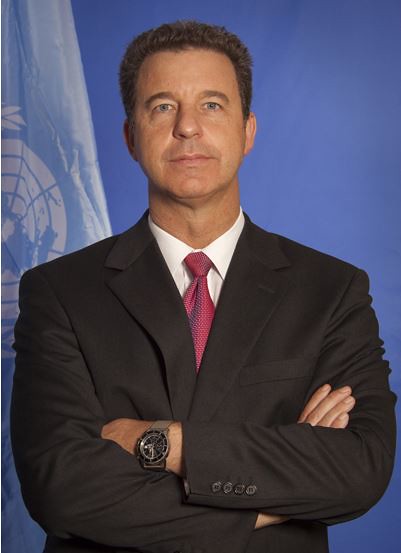
File photograph: Serge Brammertz
The chief prosecutor of a United Nations tribunal has accused South Africa of failing to co-operate with the court with regards to the arrest of a fugitive sought over his role in the 1994 Rwandan genocide.
"Since August of last year, my office has been seeking urgent cooperation from South Africa in relation to the arrest of a fugitive located on its territory," said Serge Brammertz, chief prosecutor of the UN's International Residual Mechanism for Criminal Tribunals, which is dealing with ongoing cases from the former International Criminal Tribunal for Rwanda (ICTR).
"We have continually renewed our requests, and have repeatedly sought to engage directly with South African authorities," Brammertz told the UN Security Council.
He went on to state that after a year of “pro-forma responses,” this week the South African government said it would co-operate with the court. “I hope that this time it will deliver on this commitment immediately,” Brammertz added.
See more from AFP here.
South Africa previously faced criticism over its refusal to arrest Sudan’s then president Omar al Bashir in 2015, who was wanted by the International Criminal Court for the crime of genocide.
